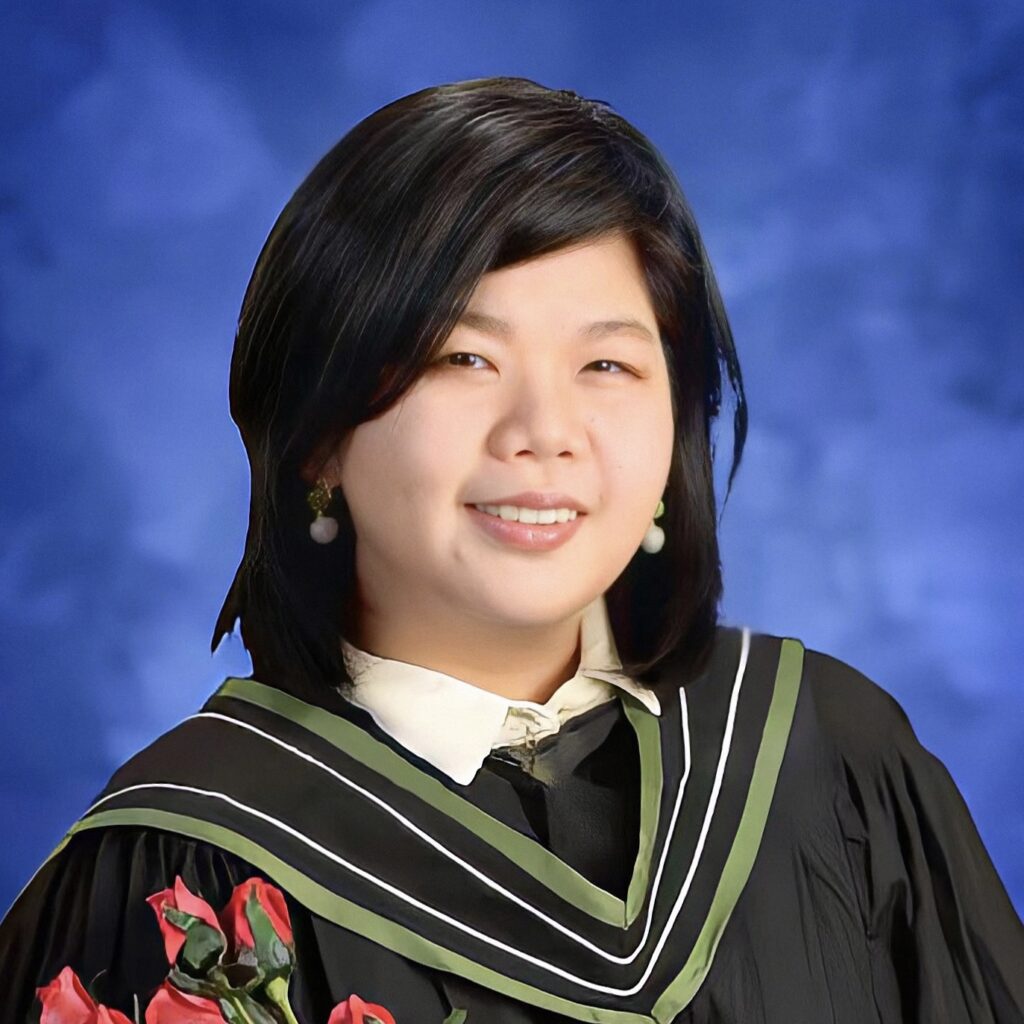Yiwei (Patricia) Quan’s research on the experiences of international students receives a 2022 Clara Mayo Grant
Categories: Awards & Recognition, Students Yiwei (Patricia) Quan, a second year Master of Social Work student in the Social Justice and Diversity field of study at the Factor-Inwentash Faculty of Social Work is a recipient of a 2022 Clara Mayo Grant from the Society for the Psychological Study of Social Issues (SPSSI).
Yiwei (Patricia) Quan, a second year Master of Social Work student in the Social Justice and Diversity field of study at the Factor-Inwentash Faculty of Social Work is a recipient of a 2022 Clara Mayo Grant from the Society for the Psychological Study of Social Issues (SPSSI).
The Clara Mayo Grant program was set up to support masters’ theses or pre-dissertation research on aspects of sexism, racism, or prejudice, with preference given to students enrolled in a terminal master’s program.
Supervised by Associate Professor Izumi Sakamoto, Quan’s thesis is examining the experiences of Chinese international students and anti-Asian racism on campus in Canada, as well as international students’ advocacy, coping strategies and social media discourse.
For Quan, an international student herself, the grant will allow her to compensate those who participated in the focus group for her study. She says it has also given her the confidence to continue working with the international student community. “I have been working with this community for the last 5-6 years, and it has been hard obtaining grants and funding for our projects both on and off campus,” says Quan. “Winning this grant gave me a sense that “oh! People do care about us and want to hear our voices!”
On January 13, Quan had the opportunity to share her research as part of a roundtable on Asian and Asian-Pacific Islander-Focused Research at the 2023 Society for Social Work and Research conference. Organized by Sakamoto, the table speakers included Factor-Inwentash Faculty of Social Work professors Eunjung Lee, Lin Fang, and Rupaleem Bhuyan, as well as FIFSW PhD student Kedi Zhao.
We asked Quan to share what share more about her research and how it has influenced her learning and plans for the future.
What inspired your research on this topic?
My thesis project explores the experience of the Chinese international student activists who engaged in on-campus community organizing during the joss paper incident last year. I am also interested in whether the public narratives on both English and Chinese social media platforms impacted the students’ organizing, and if so, how. I was one of the students on the organizing team, and I experienced and witnessed the struggles of our team members during the process.
When I turned to the existing literature on international students’ organizing, I wasn’t able to find anything documenting the efforts of international students to combat racism and discrimination in North America. Instead, we are often portrayed as silent victims who only passively cope with the impact of racism. This frustrates me as this is not true: it’s just that the English and French-speaking world doesn’t know about our advocacy. This is what initially inspired me to do research on this topic. I want to bring our voices into mainstream academic and professional discussions.
During the community organizing, I also recognized that our team members were heavily impacted by what people said on social media: on both Canadian mainstream platforms and Chinese ones. This is yet another phenomenon that is neglected in existing literature. International students are often seen as transplanted into the host society with no ties back home. With the help of Prof. Izumi Sakamoto, we decided that one of the project’s aims would be to complicate this narrative about international students and depict them as transnational beings.
How will this research enhance your learning or future work?
I have been considering continuing my education in PhD programs since I generally enjoyed research throughout my undergraduate and MSW studies. Conducting this thesis research helped me gain more in-depth insight into “what is it like to do qualitative research” and in helping me decide whether research is something I want to do in the future.
This research also enhanced my belief that “the personal is political”. During the data analysis process, Izumi helped me greatly in connecting the students’ “personal experience” to existing theories and uncovering the underlying structural oppression they experienced. This realization made me more determined to continue to work with and advocate for international student communities and communities like it when their challenges are framed as “personal issues.”
The research process also led me to reconsider my definition of knowledge and my role as a researcher. Coming from a cognitive neuroscience background, I conducted research on communities and generated knowledge to contribute to inventions that may not directly impact community members’ lives. In my thesis research, I worked with the community to collect, analyze, and interpret the data, while centering empowerment and sensitivity to issues around race, class, and gender. After my thesis is complete, I also hope to use the finding to improve social work practice within this community and disseminate the information in an accessible way.
Research opportunities at FIFSW
Each year, FIFSW offers up to three MSW students the option of completing a thesis. A number of other research opportunities for MSW students are also available. These include additional research courses, a research-intensive field placement, and research assistantships. Click here to learn more!